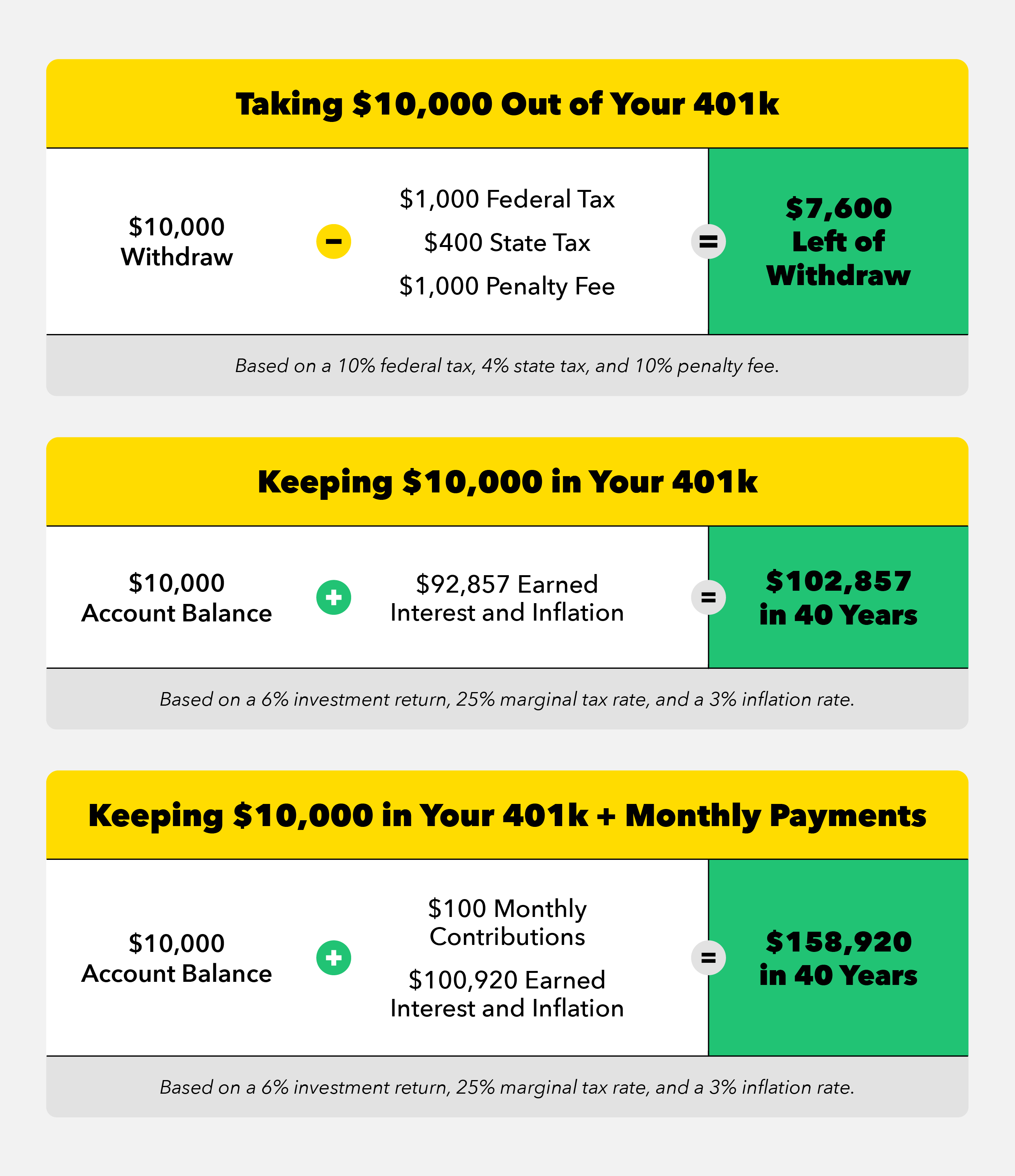Your lender will hire a title company to perform a title search to ensure there are no outstanding legal claims or liens against the home. The title search runs about $200 to $400, according to Rocket Mortgage. However, if you have a closing attorney, they may roll the title search into their fee.
The lender's title insurance policy is usually bundled with owner's title insurance (which protects you) at a one-time cost that's usually between 0.5% and 1.0% of the sale price, says Skyrocket Financial.
Files charges

Real estate transfers involve a lot of paperwork that must be notarized, delivered, and recorded. These documentation fees generally add up to about $100 to $200, according to Zillow.
Credit history charge
Lenders pull credit reports from the three major credit bureaus to determine your creditworthiness, which helps the lender manage its risk. You pick up the tab for the credit reports, which usually runs about $25, according to Rocket Mortgage.
Other will cost you at closing

As well as the one to-big date closing costs, you'll be with the hook up having prepaids - initial cash repayments you will be making in the closing to pay for particular costs just before they are owed. This type of charges enter into an escrow membership to ensure you've got the money to spend your expenses (and keep your own financial delighted). Typical prepaids include property taxes, homeowners' insurance premiums, and you may financial insurance coverage.
Possessions taxes
Local governments collect possessions taxation to cover plans and you can services that work with town. Because the an ad valorem tax, the amount is dependant on the property's reviewed really worth, that is multiplied by your local tax price to help you estimate your goverment tax bill. Assets fees are folded into the month-to-month mortgage repayment, into latest year's prorated matter owed at the closure.
Homeowners' insurance fees
Home insurance will bring monetary shelter for your house and private home. It also helps safeguards can cost you for people who happen to destroy somebody else's possessions or a tourist are harm home. The purchase price relies on your insurance provider, the worth of your house and homes, and exposure you choose. For example property taxes, insurance fees usually are found in your monthly mortgage payment, which have 6 months in order to an excellent year's worthy of prepaid on closing.
Financial insurance rates
Mortgage insurance protects the lender (not you) if you fall behind on your payments. If you get a conventional loan and put down less than 20%, you'll pay for private mortgage insurance (PMI). The rates vary by down payment and credit score, but it can cost 0.5% 1% of your loan amount per year, according to Skyrocket Home loan.
If you get a Federal Property Administration (FHA) loan and your down payment is less than 20%, you'll pay an upfront mortgage insurance premium (MIP) equal to 1.75% of the loan. After that, you'll pay annual MIPs that vary based on the loan's size, term no teletrack loans, and the loan-to-value ratio.
Despite the title, a no-closing-rates home loan does not mean you get aside without having to pay people closing costs. Rather, your financial sometimes goes the newest settlement costs into the month-to-month mortgage payment otherwise fees you a high interest rate with the lifetime of your own loan. Either way, you pay quicker on closure table, although true price of your house drastically develops. Therefore, it will not always generate financial feel to choose a no-closing-prices financial.
Still, a zero-closing-prices financial can be advantageous getting first-date homebuyers who may have difficulties picking out a lower percentage, let-alone closing costs. It's also advisable for many who anticipate to disperse or re-finance within the per year or a couple of before those individuals large monthly obligations or rates of interest do seem sensible.

